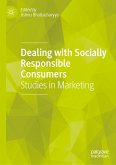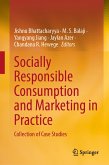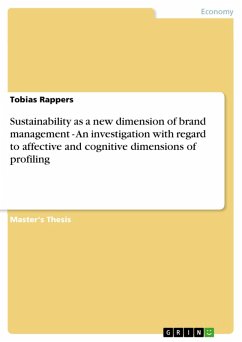This book addresses the rising concept of 21st century societal marketing which entails that marketers should fulfill the needs of their target group in ways that enhance the well-being of a society as a whole. In the past, social responsibility and corporate ethics may not have been the key elements of corporate and business strategy. However, in the last decade the picture has changed dramatically. Consumers are more concerned about ethical issues and the effects of business activities on the environment and the society. The impact and importance of ethical consumerism is escalating. The consumers are more attentive and expect companies promote their ethical credentials in order to make them more accountable of their actions. This book also reveals how companies should realize that corporate social responsibility (CSR) is not an illustration of corporate altruism but a source of opportunity, and competitive advantage. Finding and following social initiatives as a part of the key business model is proved to be one of the competitive strengths in many instances. This book covers different issues related to ethics, social responsibility and sustainability in marketing and presents different cases and applications from different countries. Together with the best practices, each case and research is expected to shed light on how to improve the role of marketing in helping to the development and well-being of the society.
Dieser Download kann aus rechtlichen Gründen nur mit Rechnungsadresse in A, B, BG, CY, CZ, D, DK, EW, E, FIN, F, GR, HR, H, IRL, I, LT, L, LR, M, NL, PL, P, R, S, SLO, SK ausgeliefert werden.









